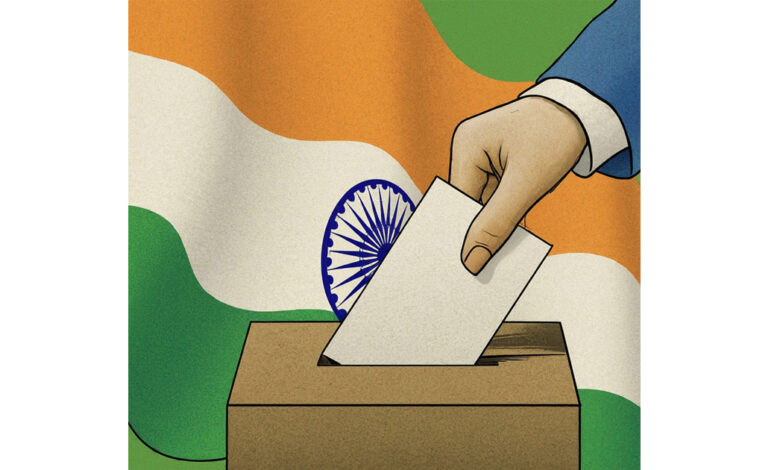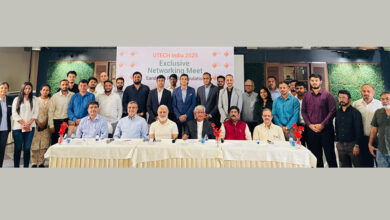Indian Democracy in the Digital Age: How New Social Platforms Could Transform Governance

- Mr. Narayan Singh Rao, Chief Growth Officer, PoGoSo Social
In the digital age, where information flows ceaselessly through the vast expanse of the internet, the dynamics of democracy are undergoing a profound transformation. India, with its burgeoning population of over 140 crore individuals, stands at the cusp of this digital revolution, where the fusion of technology and democracy promises both challenges and opportunities. At the heart of this transformation lie the new age social media platforms, which hold the potential to reinvent democracy in the 21st century.
India boasts nearly 100 crore eligible voters, making it the largest democracy globally. However, despite this vast electorate, trust in traditional democratic institutions has been on the decline. A 2020 Pew Research Center survey identified a major trust-eroder: only 27% of Indians express trust in social media. This statistic underscores the complex relationship between technology and democracy in the Indian context.
Yet, amidst these challenges, lies the untapped potential of new age social media platforms to rejuvenate democratic processes. Unlike conventional media, which often functions as a unidirectional communication channel, social media platforms are inherently participatory, allowing citizens to engage actively in discussions, debates, and information dissemination. This democratization of discourse has the power to amplify marginalized voices, foster political awareness, and bridge the gap between citizens and policymakers.
One of the most remarkable aspects of new age social media platforms is their ability to transcend geographical boundaries and socioeconomic barriers. In a diverse country like India, where linguistic and cultural diversity abound, social media serves as a virtual agora, where citizens from all walks of life can converge to discuss issues of national importance. This inclusivity lays the groundwork for a more pluralistic and representative democracy, where every voice, regardless of its origin, holds significance.
Moreover, the advent of social media has revolutionized political campaigning and mobilization efforts. Political parties and candidates now harness the power of platforms like X(formally Twitter), Facebook, and Instagram to connect with voters, disseminate their agendas, and solicit feedback in real-time. This direct line of communication fosters transparency and accountability, as politicians are compelled to engage with constituents on a more personal level, beyond the confines of traditional rallies and speeches.
However, the transformative potential of new age social media platforms comes with its own set of challenges. The proliferation of fake news, echo chambers, and online harassment poses significant threats to the integrity of democratic discourse. The very platforms that promise to amplify voices can also be weaponized to spread disinformation and sow discord among citizens. Thus, safeguarding the authenticity and reliability of information becomes paramount in harnessing the true potential of social media for democracy.
In conclusion, while India grapples with the complexities of a rapidly evolving digital landscape, the role of new age social media platforms in reinventing democracy cannot be overstated. These platforms have the power to democratize discourse, empower citizens, and foster a more inclusive political ecosystem. However, realizing this potential requires a concerted effort to address trust deficits, combat misinformation, and harness technology for the collective good of society. Only then can social media truly become a catalyst for democratic renewal in 21st century India.
The opinions expressed in this column are of Mr. Narayan Singh Rao, Chief Growth Officer, PoGoSo Social.








